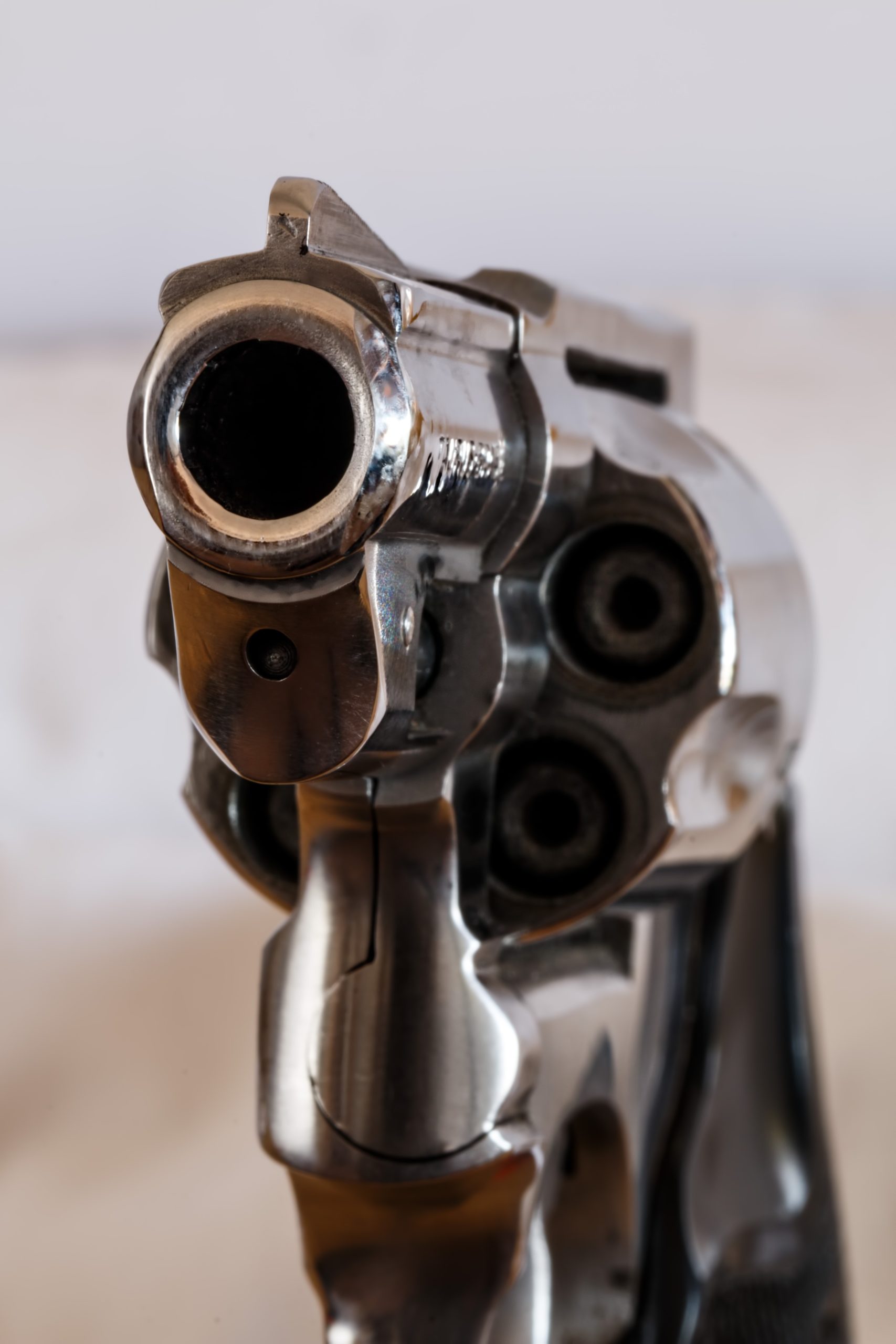
A Deadly Epidemic
In the United States, a largely preventable cause claims more than 140,000 lives each year. This silent killer destroys families and livelihoods. Despite regulation, further measures could be put in place to curb its devastation, but there’s hardly a campaign to do so. What comes to mind first?
You are probably thinking of gun violence.
Undeniably, gun violence is a pressing issue in the U.S. While we’re no longer in 1776, the right to bear arms remains integral for reasons such as self-defense and food provision. Regulations to prevent criminals and those struggling with mental health issues from acquiring weapons are crucial for a safe society. However, the item responsible for over 140,000 deaths annually isn’t firearms – it’s alcohol.
A Leading Cause of Preventable Deaths
According to the CDC, alcohol-related deaths top 140,000 yearly, making it a leading cause of preventable deaths in America. Beyond death, consider the damage inflicted on families, from broken marriages to abused children and poverty due to job loss. While the figures may account for fatalities from car accidents, what about the numerous people living with permanent physical, emotional, and psychological trauma due to alcohol impairment?
Unlike firearms, there’s little media and legislative push to make alcohol less accessible. No-fly lists for those with a history of violence due to impairment or background checks to purchase alcohol aren’t implemented. While extreme cases may necessitate such measures, they’re hardly enforced.
The Double Standard
Politicians frequently speak about gun violence and willingness to restrict constitutional rights for society’s protection, but a deadlier issue looms large. The constitutional right to drink alcohol doesn’t exist. Unlike firearms, alcohol doesn’t aid in self-defense, hunting, or family provision. Yet, it remains a less controversial topic, seldom becoming a key Democrat or Republican talking point.
Political Manipulation: The Real Issue
Both Democrats and Republicans strategically employ the firearms debate to rally voters, creating more division daily. The focus is often misplaced, with organizations like M.A.D.D. left to rally against drunk driving while the N.R.A. faces vilification despite promoting gun safety, the very thing gun opponents scream we need.
The discourse on gun regulation often overlooks the fact that states with stricter gun control laws, such as Chicago, Detroit, and L.A., still experience significant gun violence. Believing that expanding current gun laws will decrease violence is as naive as assuming a sign saying “don’t drink and drive” will eliminate drunk driving. The focus should instead be on criminal behavior and mental health issues.
Shifting Focus: Criminal Behavior and Mental Health
Incidents like the recent Canadian stabbing spree, where eleven people were killed, underscore that violence isn’t limited to firearms. While current background checks and other measures can prevent those with forfeited rights from acquiring firearms, more research and focus on mental health and criminal behavior could potentially control the violence seen daily. Sadly, as with the over 140,000 individuals who will die this year due to alcohol, society struggles to focus on the root of the issue.
The Double Standard
This discussion isn’t advocating for the elimination of alcohol or guns. It’s important to recognize that the anti-gun lobby’s claim of prioritizing life preservation might not be genuine but political posturing. If their main concern were genuinely about saving lives, they would prioritize alcohol regulation.






